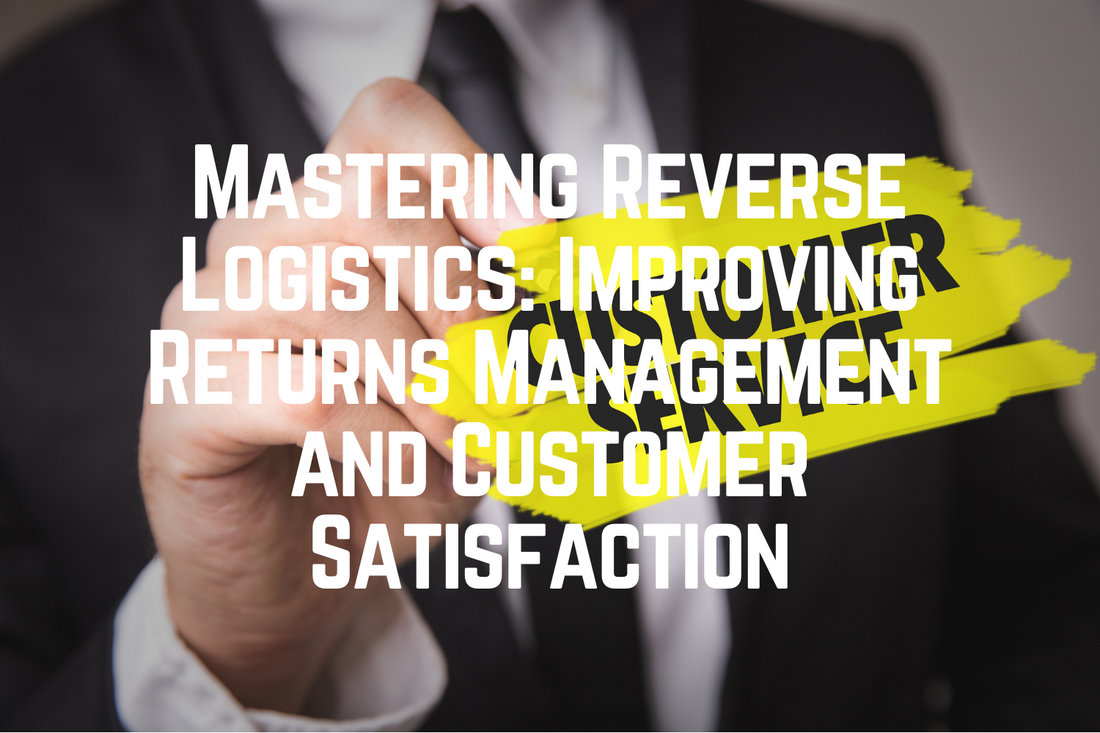The success of any fulfillment service provider depends on efficient returns management and excellent customer service. In this blog post, we will explore the concept of reverse logistics, discuss best practices for returns management, and highlight the importance of customer service in the returns process. We will also touch upon the benefits of selling refurbished products. Let's dive in!
What is Reverse Logistics and Why is it Crucial for Fulfillment Service Providers?
Reverse logistics refers to the process of managing the return of goods from customers back to the seller or manufacturer. This includes handling returns, restocking fees, and reselling refurbished products. Efficient reverse logistics can help reduce return rates, increase customer satisfaction, and boost profitability for fulfillment service providers.
How to Maximize Returns Management and Minimize Return Rates
Effective returns management involves several key steps, including setting clear return policies, streamlining the returns process, and analyzing return data to identify patterns and areas for improvement. Some best practices for reverse logistics include:
- Implementing hassle-free returns procedures to enhance customer experience
- Using data analytics to identify trends and reduce return rates
- Training customer service representatives to handle return inquiries professionally
Managing Restocking Fees for Higher Profitability
Restocking fees are charges levied on returned products to cover the cost of processing, repackaging, and restocking. To manage these fees effectively and maintain profitability, consider the following strategies:
- Establishing transparent restocking fee policies to avoid customer dissatisfaction
- Adjusting fees based on product categories and return reasons
- Monitoring restocking costs and adjusting fees as necessary to cover expenses
Why Customer Service is Crucial in Returns and How to Deliver Exceptional Service
Providing outstanding customer service is essential in the returns process, as it can directly impact customer satisfaction and loyalty. Here are some tips for ensuring top-notch customer service during returns:
- Empower customer service representatives with the necessary tools and information to handle return inquiries effectively
- Respond to customer inquiries promptly and empathetically
- Implement a clear and fair returns policy to minimize disputes
How to Sell Refurbished Products for Higher Returns
Selling refurbished products can be a profitable venture, as it allows businesses to recoup some of the costs associated with returns. To maximize returns on refurbished products, consider these strategies:
- Ensure thorough inspection and refurbishment of returned products
- Offer competitive pricing and warranty options to attract customers
- Market refurbished products effectively, highlighting their benefits and quality assurance
- Provide detailed product descriptions and images to instill buyer confidence
Conclusion
In conclusion, mastering reverse logistics is essential for fulfillment service providers to maintain profitability and enhance customer satisfaction. By implementing effective returns management strategies, managing restocking fees, delivering exceptional customer service, and leveraging the benefits of selling refurbished products, businesses can optimize their returns process and drive overall success.

